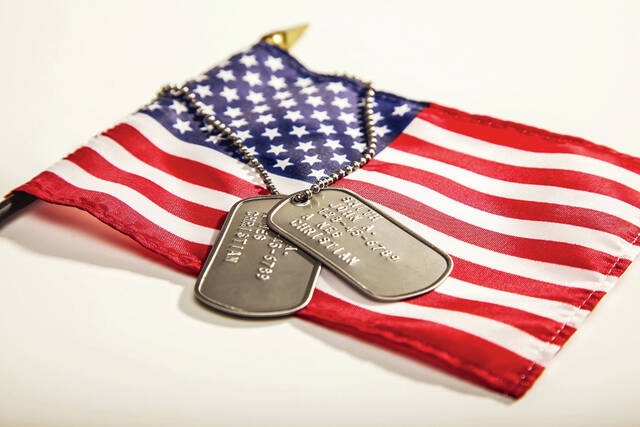RICHMOND COUNTY — Veterans Day began as an occasion to reflect upon the heroism of those who died in our country’s service. It falls on November 11, the anniversary of the signing of the armistice that ended World War I.
In 1954, the name of the holiday was changed from “Armistice Day” to “Veterans Day” in order to recognize veterans of all wars.
We celebrate and honor America’s veterans for their patriotism, love of country and willingness to serve and sacrifice for the common good.
Here are five facts you may not know about the holiday:
1. It’s “Veterans Day,” not “Veteran’s Day.” The holiday has no apostrophe because it is meant to honor all veterans, not just a single veteran or belonging to veterans collectively. The day is for recognizing the service and sacrifice of veterans as a group. This distinction reflects the inclusive and national focus of the holiday.
2. At one point, Veterans Day used to be celebrated on the fourth Monday of October instead of November 11. In the late 1960s, Congress passed a law intended to stimulate the economy by adding more three-day weekends. They thought it would help encourage travel and other recreation. Under the Uniform Monday Holiday Act, Washington’s Birthday, Memorial Day, Columbus Day and Veterans Day were all on Mondays.
But many states disagreed with the choice, especially since Veterans Day was designated as November 11 for historic reasons. So in September 1975, President Gerald Ford signed a law returning Veterans Day to November 11, starting in 1978.
3. Armistice Day was recast as Veterans Day in 1954. After World War II and the Korean War, there was a growing recognition that the day should honor all veterans, not just those from WWI.
4. Marines celebrate their service birthday and Veterans Day with a 96-hour liberty. Veterans Day comes just one day after the Marine Corps birthday on November 10. Typically celebrated with a ball and cake-cutting ceremony, the birthday celebration offers enlisted Marines a 96-hour liberty to mark both holidays together.
5. A group once campaigned to rename Armistice Day as “Mayflower Day.” When “the war to end all wars” failed to do so, a small group of Ameircans led by Francis Carr Stifler of the American Bible Society proposed the “Mayflower Day” idea. They argued that the signing of the Mayflower Compact, on November 11, 1620, was more appropriate to honor, since that agreement was the foundation upon which the Declaration of Independence and the Bill of Rights stood. The idea gained little traction.

